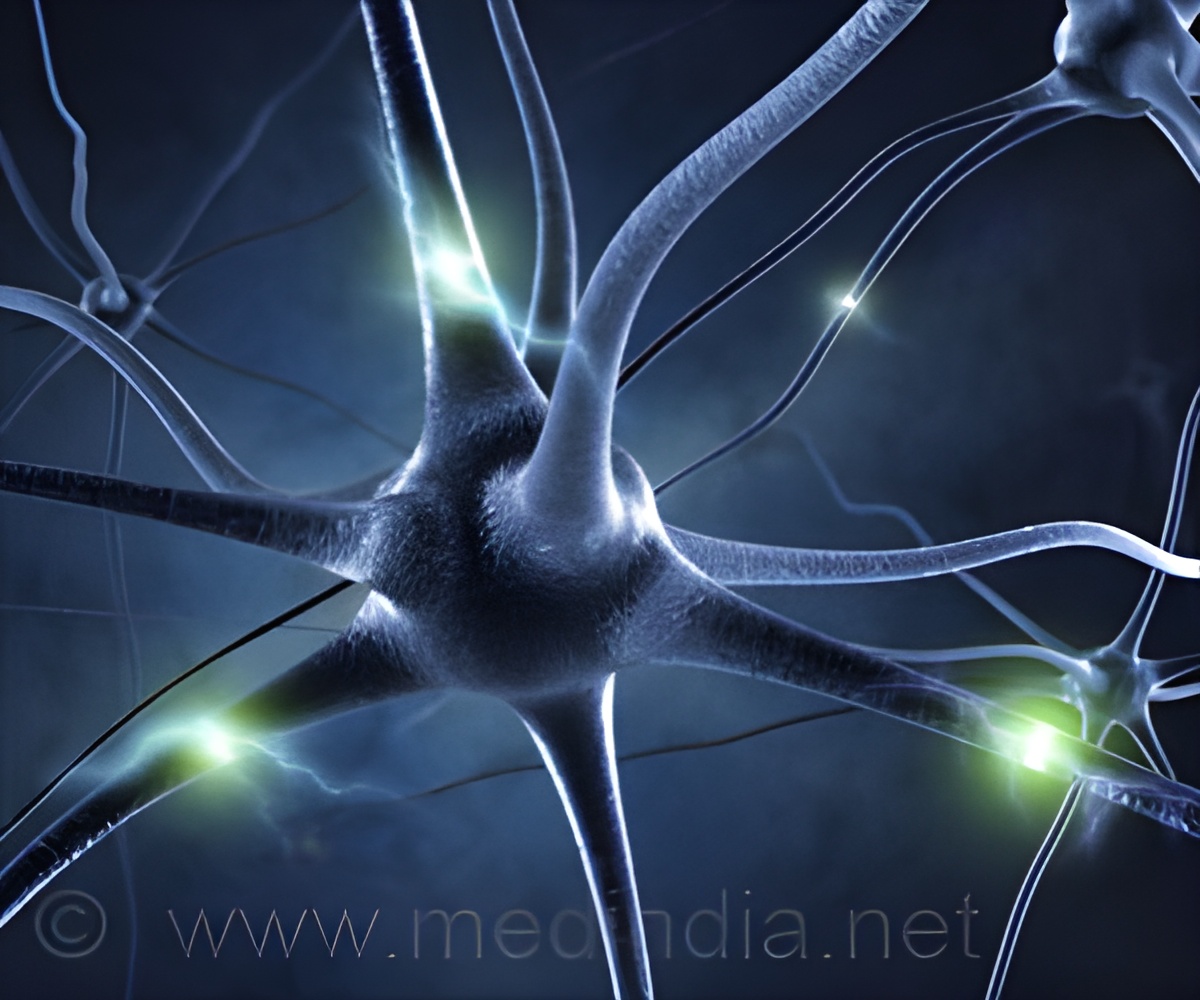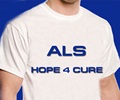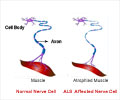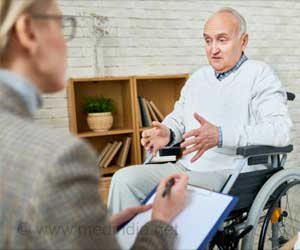Repeated infusions of specific immune cells have shown promising results in delaying the onset of ALS and prolonging survival in mouse models of the disease.

Allogeneic B cell immunomodulatory therapy in amyotrophic lateral sclerosis
Go to source)
Immune Cell Infusions Delay ALS Onset
In new research published in The FASEB Journal, repeated infusions of certain immune cells delayed ALS onset and extended survival in mice, and also reduced markers of inflammation in an individual with the disease. The work was conducted by investigators at Massachusetts General Hospital, a founding member of the Mass General Brigham healthcare.‘Despite being primarily known for affecting #motorneurons, #amyotropiclateralsclerosis can also involve #cognitive and behavioral changes in some individuals. #ALS’





“This makes the first step towards a phase I clinical trial of our new cell therapy for ALS, which is now in the planning stage,” said senior author Mark C. Poznansky, MD, PhD, Director of the Vaccine and Immunotherapy Center, an attending physician in General and Transplant Infectious Diseases Medicine at Massachusetts General Hospital, and a professor of Medicine at Harvard Medical School. Previous work by the group of Ruxandra F. Sîrbulescu, PhD, assistant professor of Neurology and co-corresponding author of the article, showed that direct application of purified B cells, which are immune cells known to produce antibodies, can reduce inflammation and promote recovery in mice with skin or brain injuries.
The benefits resulted from a process termed pligodraxis, in which the B cells adopt immunoregulatory and neuroprotective characteristics to support the repair of damaged tissues in an injured environment.
“What we observed early on in preclinical studies has been a remarkable effect of B cells in the context of brain lesions – both brain structure and function were protected by treatment with these cells, which made us consider applying them as a therapeutic in the context of neurodegenerative disease,” Sîrbulescu said.
In this latest research, the team assessed the effects of B cell infusions in mice prone to ALS and in a person living with the disease.
Advertisement
In the human patient, repeated infusions of donor B cells were safe and led to decreased levels of multiple inflammatory markers.
Advertisement
Reference:
- Allogeneic B cell immunomodulatory therapy in amyotrophic lateral sclerosis - (https://faseb.onlinelibrary.wiley.com/doi/10.1096/fj.202302659R)










